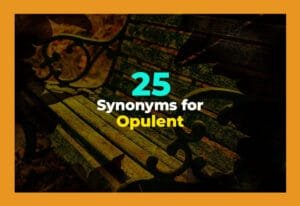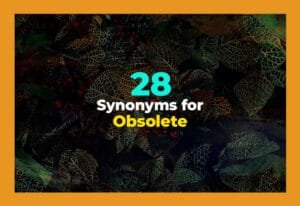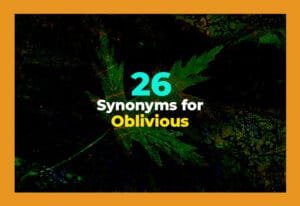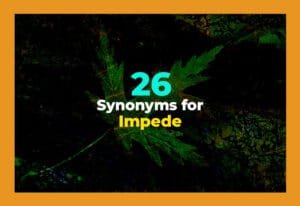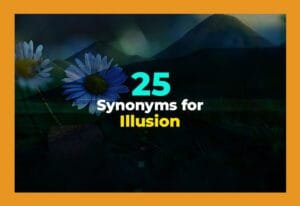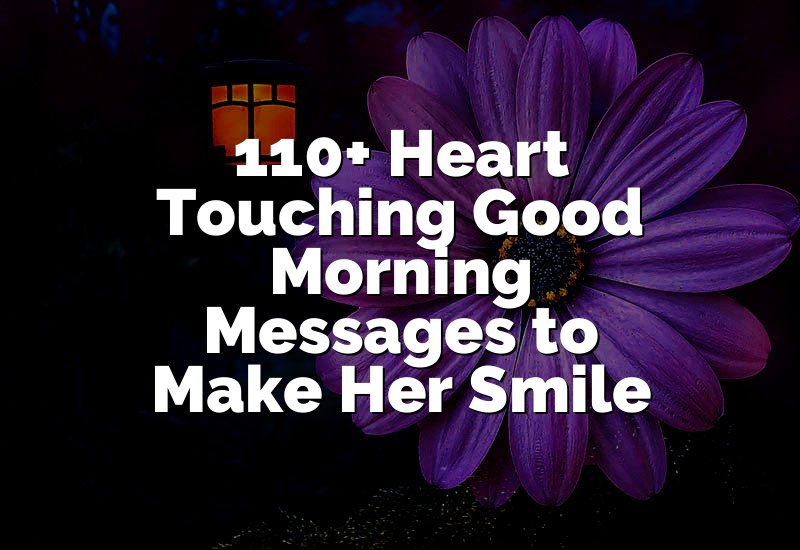You've probably been in that awkward moment when someone asks you a question, and all you can think to say is “I don’t know.” But don't worry – there are plenty of other ways to express that same idea! Whether you want to sound more casual, humorous, or just mix things up, I've got you covered. Let's dive into 17 other ways to say “I don't know” in different situations. Ready? Let's get started!
1. “I'm not sure”
This is a simple, straightforward alternative to saying “I don't know.” It's less definitive and gives the impression that you're still thinking about the answer or considering possibilities. Saying “I'm not sure” can be a polite way to show uncertainty without fully admitting ignorance. It's perfect for situations where you need a quick and non-committal response. Whether at work or hanging out with friends, it lets you dodge the question without being too blunt or dismissive.
2. “I have no idea”
If you want to be a little more direct, “I have no idea” works well. It's a bit more casual and is great for moments when you genuinely don't know the answer to something. It implies complete uncertainty but in a friendly and approachable way. This phrase often comes across as honest and relatable, which is why it's so widely used in casual conversations. No need to hide behind extra words, just say it and keep the chat flowing.
Also Read: 18 Other Ways to Say “This Quote Shows”
3. “I haven't a clue”
“I haven't a clue” is a fun way to show you really don't know something. It's slightly more informal, but it adds a bit of personality to your response. It implies that not only do you lack the knowledge, but you aren't even remotely sure about the topic. It can be used in situations where you want to add some humor or lightness, making it an excellent choice in casual settings with friends or family.
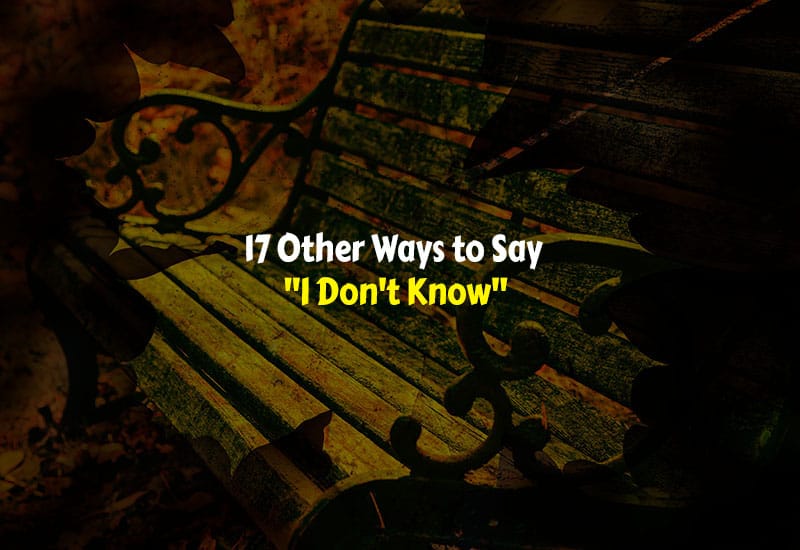
4. “Beats me”
“Beats me” is a super casual and often humorous way to admit you don't know something. It's typically used when the answer is so elusive that it feels like a mystery to you. This phrase can lighten the mood and add some fun to the conversation. It's a great way to avoid sounding too serious while still acknowledging that you don't have a clue. It's perfect for laid-back conversations where you just want to go with the flow.
5. “I'm not certain”
If you want to sound a bit more formal, “I'm not certain” is a good choice. This phrase sounds more professional, making it ideal for situations where you need to remain polite but also convey uncertainty. It's a way of expressing doubt without sounding too casual. Using this in work meetings or discussions shows that you're thoughtful but may not have all the information at the moment. It's useful in professional and formal settings.
See Also: 19 Other Ways to Say "Detail Oriented"
6. “Your guess is as good as mine”
This is a playful and fun way to admit that you don't know something. “Your guess is as good as mine” implies that you're just as clueless as the person asking the question. It's perfect when you want to keep the mood light while acknowledging that neither of you knows the answer. It can be used in informal conversations with friends or coworkers, making it an easy way to shrug off uncertainty with a smile.
See Also: 17 Other Ways to Say Can’t Wait
7. “I don't have the foggiest idea”
If you want to sound extra colorful and playful, “I don't have the foggiest idea” is a quirky alternative. It's more of a fun expression than a serious admission of not knowing something. It adds a bit of character to your response, showing that you're not just uncertain but totally in the dark about the situation. It's a charming way to say you have no idea, especially in informal, lighthearted conversations with friends or family.
8. “I can't say”
“I can't say” is a simple and polite way of saying you don't know something. It doesn't completely shut down the conversation, leaving room for further discussion or questions. It's often used when you don't have enough information to make a statement or don't feel confident about your answer. This phrase is a great option when you want to stay diplomatic and avoid providing any false information, making it useful in professional and casual contexts.
9. “Not that I know of”
This phrase works when you want to express uncertainty in a way that shows you might not be up-to-date or fully informed. “Not that I know of” implies that based on your knowledge, you don't know the answer. It can be used when you're pretty sure but don't have full confirmation. It's a great way to show some caution while avoiding the hard “I don't know” answer, keeping things conversational and open for more clarification.
10. “I'm in the dark”
When you say, “I'm in the dark,” you're letting the person know that you're completely unaware of something. It adds a bit of drama to your response, emphasizing just how clueless you are. This phrase can be fun to use when you're caught off guard and don't have the answer at hand. It's casual and can be used among friends, family, or coworkers, especially when you want to lighten up the conversation and share in the confusion.
11. “I'm not familiar with that”
“I'm not familiar with that” is another way of saying you don't know something, but it does so in a more professional or polite tone. It's useful when you want to admit a lack of knowledge without sounding too blunt. This phrase is often used in meetings or discussions where you might not have the information the other person expects. It's respectful and avoids coming across as dismissive while being clear that you don't know the answer.
12. “I haven't heard of it”
This is a slightly more specific way of saying you don't know something. If you haven't heard of a particular topic, idea, or concept, this phrase works well. It implies that you don't have any prior knowledge of the subject in question. It's a great option for situations where you're talking about something more niche or specialized. You're not saying you're clueless in general; you just haven't been exposed to that particular information.
13. “I'm drawing a blank”
“I'm drawing a blank” is a fun and expressive way of saying you can't recall something or can't think of an answer. It's often used when you know you should know something but can't quite bring it to mind. This phrase has a bit of humor to it, showing that while you may know the answer, it's just not coming to you at the moment. It's casual and easy to throw into conversations when you're momentarily stumped.
14. “I don't have that info”
This is a straightforward way of saying you don't have the information being asked for. It works well in situations where you know the information is somewhere, just not with you. It's a more professional way of saying “I don't know,” especially when you're talking about facts, figures, or other detailed data. It's great for work-related conversations, meetings, or any setting where you want to let someone know that you're missing crucial information.
15. “I'm unsure”
“I'm unsure” is a short and polite way of expressing uncertainty. It's similar to “I'm not sure” but a bit more formal. This phrase can be used when you want to stay respectful and avoid giving an inaccurate answer. It's a great choice for professional settings where you need to show caution without appearing uninformed. It's a simple yet effective way to politely communicate doubt or a lack of knowledge.
16. “I don't think so”
“I don't think so” is a great way to express uncertainty when you're not entirely sure about something but aren't ready to fully admit that you don't know. It's often used in situations where you have a hunch but aren't entirely certain. It's less definitive than saying “I don't know,” making it perfect when you're trying to sound more speculative or when you're only guessing. It adds a touch of ambiguity to your response.
See Also: 21 Other Ways to Say "Happy Anniversary"
17. “I'm not up to speed”
This phrase works well when you're referring to something you're not fully informed about, like a situation or a topic. “I'm not up to speed” implies that you haven't caught up with the latest information or developments. It's perfect for work or other situations where you want to express that you're behind on the latest details. It's a polite and professional way to admit you're not fully aware of everything happening at the moment.
I hope these alternatives help you avoid the dreaded “I don't know” next time you need a different way to express uncertainty. Don't worry, it's okay to not know everything – now, you've got plenty of options to keep things casual, polite, or even humorous!

